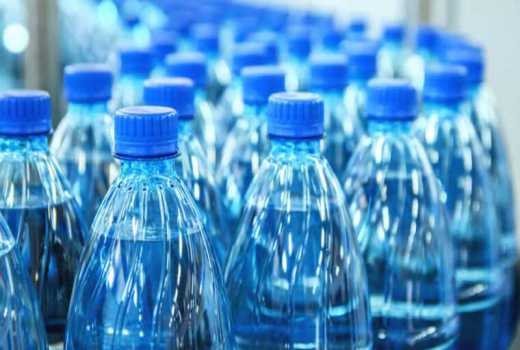×
The Standard e-Paper
Home To Bold Columnists

Do you pick a bottle of water to quench your thirst without checking the packaging company’s details?
Be warned. The Kenya Bureau of Statistics (Kebs) has now issued an alert, saying 157 water bottling companies in Kenya are operating illegally.